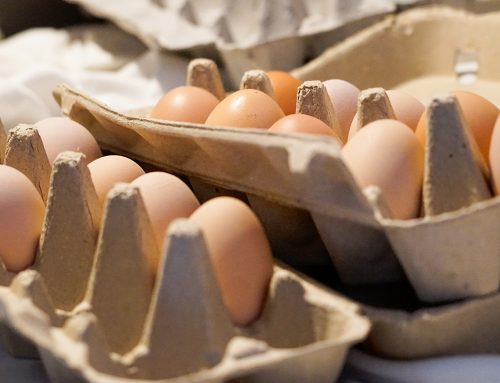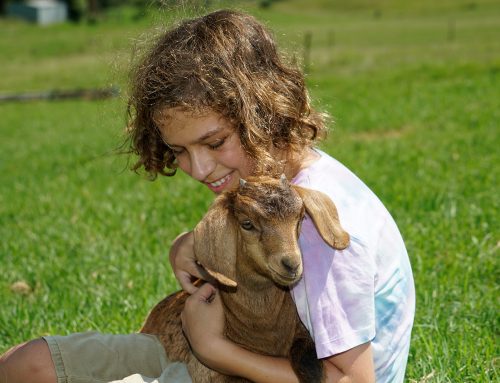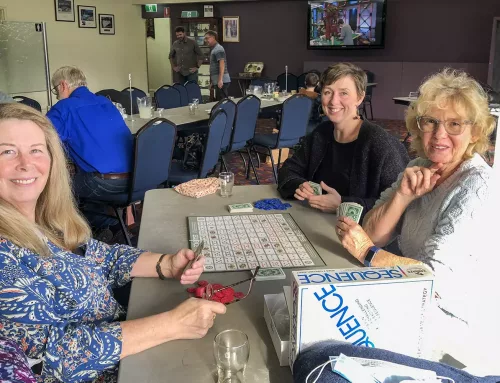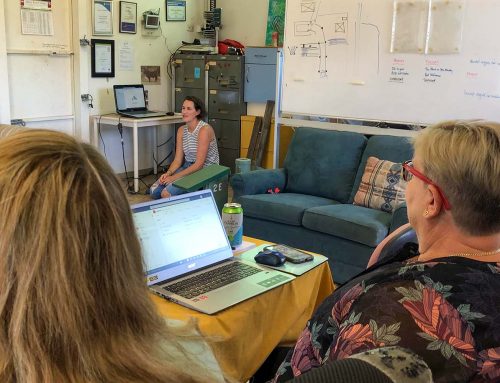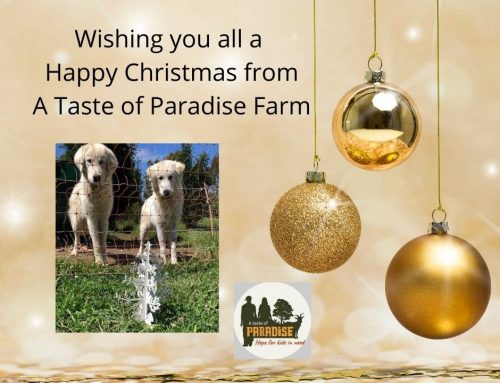Our poultry enterprise is interesting in that it is a natural system. We have our organic free-range eggs that are evolving into being certified through the Australian Organic Organisation from the absorption of the Organic Growers of Australia. This means that we do not use any chemicals and while we grow some chicken feed ourselves, which is done without pesticides or artificial fertilizers, we buy the bulk of our chicken feed, which is grown without the use of chemicals.
 This of course means that our chicken feed is substantially more expensive than regular chicken feed, so it costs more just to supply the hens with nutritional chemical free grain and seed. We also rely on our natural pastures as the greenery supports the hen’s fertility. The chickens are also fed with vegetable scraps and any unsaleable vegetables grown chemical free here on the farm. We also sometimes give the chickens weeds, depending on what they are, to supplement the chickens and the eggs they produce.
This of course means that our chicken feed is substantially more expensive than regular chicken feed, so it costs more just to supply the hens with nutritional chemical free grain and seed. We also rely on our natural pastures as the greenery supports the hen’s fertility. The chickens are also fed with vegetable scraps and any unsaleable vegetables grown chemical free here on the farm. We also sometimes give the chickens weeds, depending on what they are, to supplement the chickens and the eggs they produce.
Looking after the chickens are three guardian Maremma Sheep dogs, Lano, Woodley and Crystal. It has taken quite a long time to train these dogs to look after the chickens. One of the issues we have in our area is predation by both wedge-tail eagles, which are one of our big beautiful native birds, and introduced foxes. For a long time, we had a major infrastructure set up with the aim of stopping these predators from killing and taking our chickens, we decided after the dogs were donated to use them to protect the chickens.
Since we have had the dogs, we have lost no chickens to either eagles or foxes, however we have lost the occasional chicken to the dogs, which has been a hurdle in the learning process. The dogs have a chemical free diet, like the chickens, from meat grown on the farm. We also have organic dry dog food, which is generously donated by Mike Shannon at Alternative Pet Foods in Bomaderry. The dry food is mixed with the meat to give the dogs a healthy, balanced diet.
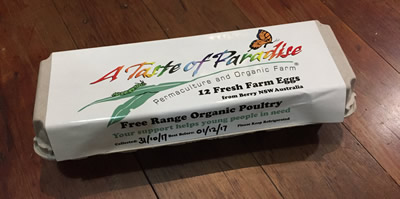 One of the challenges of running a natural system is that at various times of the year, chickens do not lay eggs. One of the reasons is that in the natural reproduction cycle they want to sit on eggs and hatch chicks. They will often do that with another chicken’s eggs, and while they are doing that they don’t lay eggs themselves. We remove those chickens gently to an area where they are well aired to drop their body temperature, to help them to lay again. In the old days chicken farmers would drop them into a bucket of cold water, and they thought that was the solution. We do not do this, of course, as animal welfare is one of our highest priorities on the farm.
One of the challenges of running a natural system is that at various times of the year, chickens do not lay eggs. One of the reasons is that in the natural reproduction cycle they want to sit on eggs and hatch chicks. They will often do that with another chicken’s eggs, and while they are doing that they don’t lay eggs themselves. We remove those chickens gently to an area where they are well aired to drop their body temperature, to help them to lay again. In the old days chicken farmers would drop them into a bucket of cold water, and they thought that was the solution. We do not do this, of course, as animal welfare is one of our highest priorities on the farm.
Another reason chickens go through a period of not laying eggs, is that before winter time the chickens start moulting, as they do once a year. They lose all their feathers and they get a new batch of warm, new feathers. This means that all of the chicken’s energy goes into producing new feathers, which is why they don’t lay eggs at the same time. So, there is a period leading up to the cold weather where they don’t lay eggs. Then we get shorter days and colder temperatures, and because we don’t have artificial lighting on the chickens all day and all night, the chickens stop laying eggs. Therefore, our egg production drops dramatically for a month or two during winter. The reality is that it costs a lot of money to feed them during this time, and there is no return with eggs. This adds to the challenges of running a natural system.
However, because we produce organic free-range eggs using a natural system, we often have a waiting list for our eggs as they are so delicious and of exceptional quality. We sell through local retail outlets at Vincentia and Berry, as well as through cafes and restaurants. Because of this we cannot always keep up with demand. We are very grateful as most of these retailers sell the eggs at the same price they purchased them from the charity, as a generous service to us. What it does do is it brings more customers into their respective businesses. Inside each carton there is some information about the charity and the work we do to support young people, so that people who buy the eggs know that by purchasing the eggs they are doing so much more than just buying quality eggs.

